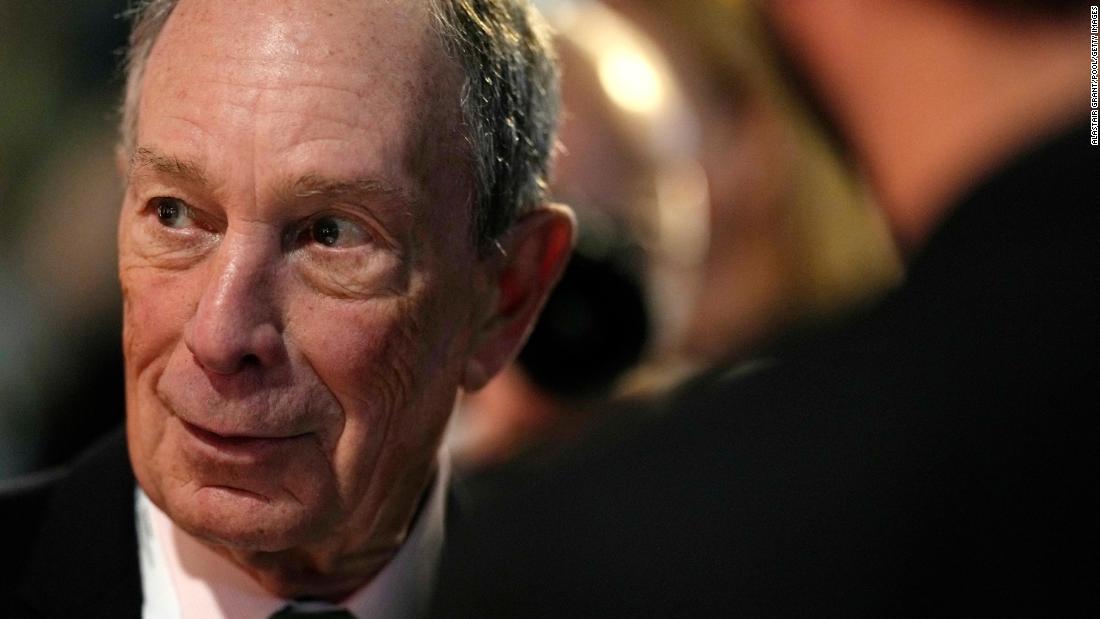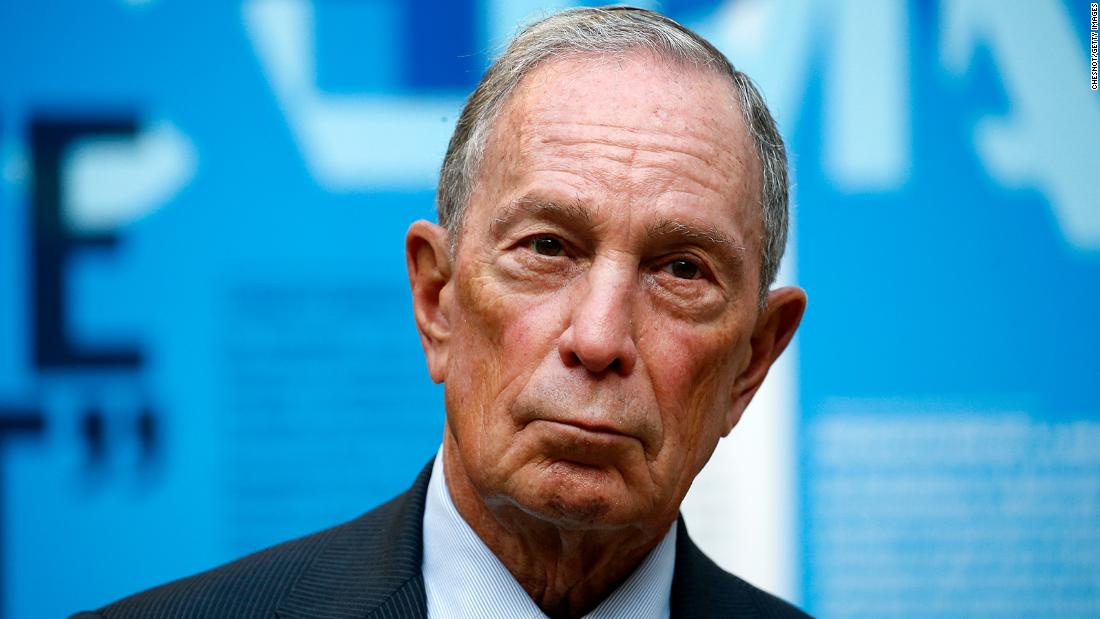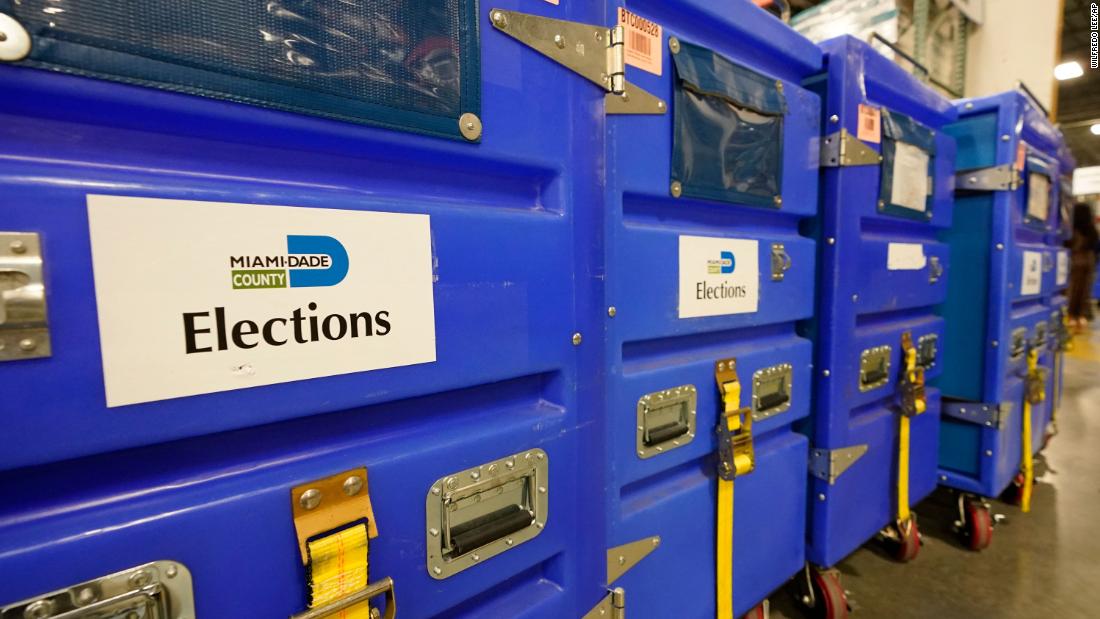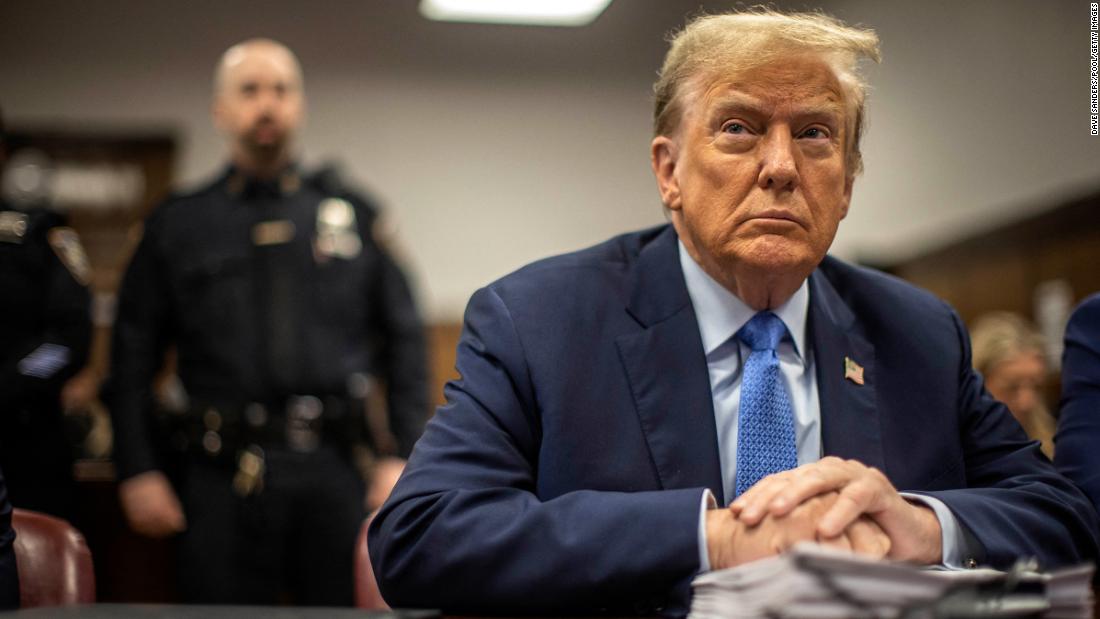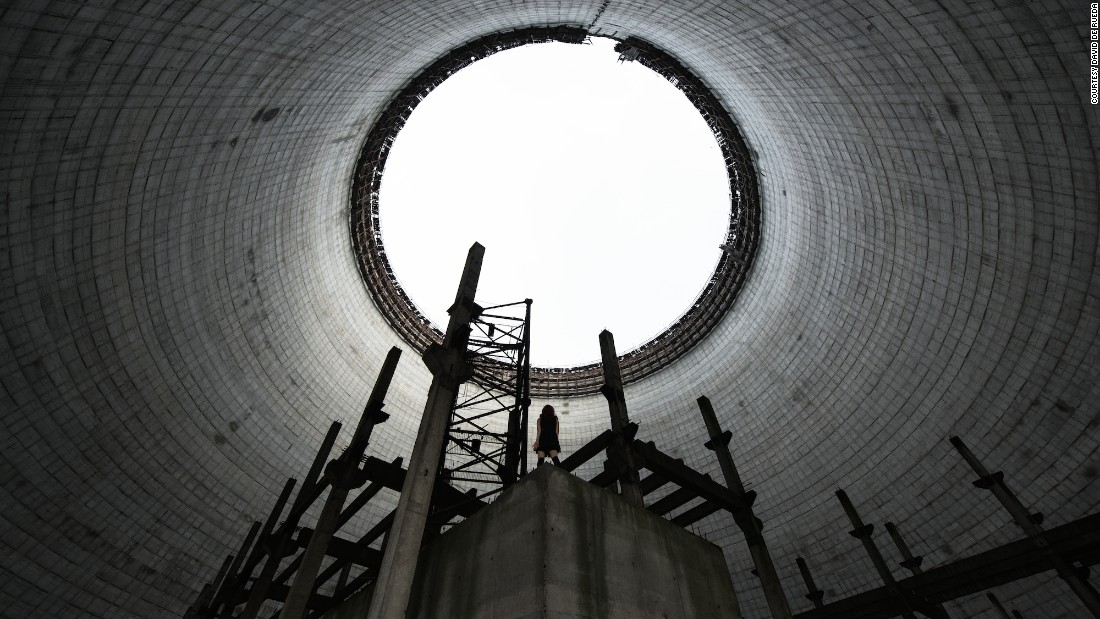Results by State
Michael Bloomberg
Former mayor of New York
Jump to stances on the issues
Michael Bloomberg dropped out of the presidential race on March 4, 2020. This page is no longer being updated.
Bloomberg made a late entry into the 2020 Democratic race in November 2019, offering a more moderate vision for the country and casting himself as a problem solver. He served as New York City’s mayor from 2002 to 2013 and is the co-founder, CEO, and owner of Bloomberg L.P., a privately-held financial, software, data, and media company.
Johns Hopkins University, B.S., 1964; Harvard University, MBA, 1966
February 14, 1942
Diana Taylor (partner); divorced from Susan Brown
Jewish
Emma and Georgina
Co-founder, Bloomberg LP (previously named Innovative Market Systems), 1982-present;
Investment banker, Salomon Brothers, 1966-1981
Investment banker, Salomon Brothers, 1966-1981
BLOOMBERG IN THE NEWS
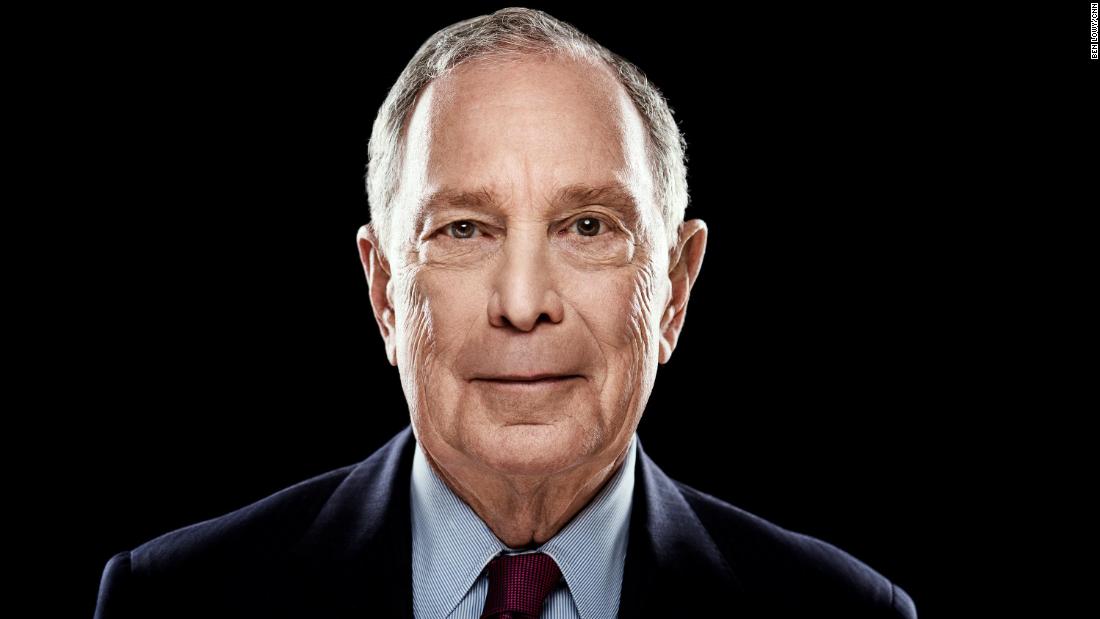
Michael Bloomberg Fast Facts
Updated 3:02 PM ET, Wed Feb 7, 2024
Here is a look at the life of Michael Bloomberg, former New York mayor and 2020 Democratic presidential candidate. Personal Birth date: February 14, 1942 Birth place: Boston, Massachusetts Birth name: Michael Rubens Bloomberg Father: William Henry Bloomberg, bookkeeper Mother: Charlotte (Rubens) Bloomberg, office manager Marriage: Susan Brown (1976-1993, divorced) Children: Georgina, 1983; Emma, 1979 Education: Johns Hopkins University, B.S. in electrical engineering, 1964; Harvard Business School, M.B.A., 1966 Religion: Jewish Other Facts One of four New York City mayors to serve three terms. Left the Democratic party in 2001 and won his first two mayoral terms as a Republican. His third mayoral term was won as an independent, and then he rejoined the Democratic party in 2018. Diana Taylor has been his companion for more than 20 years. As mayor of New York, Bloomberg made sweeping changes to city schools, transportation, including extending subway lines, and public health, implementing extensive regulations targeting smoking and obesity. Since 2006, Bloomberg Philanthropies, an umbrella organization of Bloomberg's charities which includes the nonprofit Bloomberg Family Foundation, has donated billions to political interests and causes such as education, the environment and public health. Timeline 1966-1981 - Works as a clerk, and later partner at Salomon Brothers in New York. 1981 - Co-founds Bloomberg L.P. (formerly Innovative Market Systems) using a $10 million partnership buyout from Salomon Brothers. 1982 - Creates the Bloomberg terminal, a software system with a specialized keyboard used by financial professionals to trade stocks electronically and access live market data. 1990 - Co-founds Bloomberg News (formerly Bloomberg Business News). 1994 - Launches Bloomberg Television (formerly Bloomberg Information TV). 1996-2002 - Serves as chairman of the Johns Hopkins University's board of trustees. 1997 - His memoir, "Bloomberg by Bloomberg," is published. November 6, 2001 - Is elected mayor of New York. November 8, 2005 - Is elected to a second term. November 3, 2009 - Is elected to a third term after spending more than $100 million on his reelection campaign. In October, the New York City Council voted to extend the city's mayoral term limits from two four-year terms to three. May 2012 - Announces a proposal to ban the sale of sugary drinks larger than 16 ounces at restaurants, food carts and any other establishments that receive letter grades for food service. On June 26, 2014, New York's Court of Appeals rules that New York City's ban on large sugary drinks, which was previously blocked by lower courts, is illegal. July 27, 2016 - Endorses Hillary Clinton for president at the Democratic National Convention in Philadelphia. November 24, 2019 - Announces his late-entry Democratic presidential bid, unveiling a campaign squarely aimed at defeating President Donald Trump. November 24, 2019 - Bloomberg News Editor-in-Chief John Micklethwait releases a statement addressing how the network will cover the 2020 presidential campaign and reveals that it will not investigate Bloomberg or any other Democratic candidates. February 10, 2020 - Audio is posted online of Bloomberg from 2015, defending his use of "stop and frisk" as mayor by describing the policy as a way to reduce violence by throwing minority kids "up against the walls and frisk[ing] them." Bloomberg later says his 2015 comments about the controversial stop and frisk policing policy do not reflect the way he thinks or the way he led as mayor of New York City. February 18, 2020 - Qualifies for his first Democratic presidential debate, by polling four times at or above 10% nationally. February 18, 2020 - A campaign adviser tells CNN that Bloomberg would sell his financial information and media company if he's elected president, in an effort to be "180 degrees away from where Donald Trump is on these issues." February 19, 2020 - Faces criticism in first presidential debate from other Democratic candidates regarding campaign spending, his record on policing tactics as mayor of New York and misogynistic comments he allegedly made about women at his company in the 1980s and 1990s. March 4, 2020 - Ends his presidential campaign and endorses Joe Biden. September 3, 2020 - Bloomberg's charity, Bloomberg Philanthropies, announces he is donating $100 million to the nation's four historically Black medical schools to help ease the student debt burden for the next generation of Black physicians. September 25, 2020 - Bloomberg announces $40 million in TV ads supporting Biden statewide in Florida. February 2, 2022 - Joseph Beecher is arrested, accused of breaking into the Colorado ranch owned by Bloomberg and kidnapping a Bloomberg employee. Beecher demanded to know the location of Bloomberg's daughters, according to an arrest warrant affidavit. Beecher was found in Wyoming with the employee, who was unhurt. February 9, 2022 - Is nominated to serve as the chair of the Defense Innovation Board. Bloomberg is sworn in on June 22, 2022. September 20, 2023 - Announces an additional $500 million commitment to continue Beyond Carbon's aim of shutting down coal plants and reducing gas plant capacity.
READ MORE STANCES ON THE ISSUES
climate crisis
Bloomberg said, if elected, he would make climate a top priority. The US would rejoin the Paris climate accord, the landmark 2015 global agreement on global warming targets. He has said he wants the US to create a clean energy economy and has vowed to create renewable energy jobs. Previously, he worked as the UN secretary-general’s special envoy for climate action, and he has worked with cities, states and businesses to address the climate crisis.
economy
Bloomberg has vowed to create a housing proposal and an earned income tax credit to provide economic opportunity for all Americans. His housing proposal would expand funding for the Low-Income Housing Tax Credit, and would increase federal spending for programs like the Public Housing Capital Fund, the HOME program and Community Development Block Grants. He proposes revising the Earned Income Tax Credit and raising the incomes of low-wage workers. By 2025, he wants to increase the minimum wage to $15 an hour. Bloombergwrote in an op-ed in December 2017 that, in order to achieve revenue-neutral tax restructuring, he was in favor of reducing the 35% corporate tax rate. He criticized President Donald Trump’s 2017 tax overhaul as an “economically indefensible blunder that will harm our future.”
education
Bloomberg would make it a top national priority to increase student achievement, college preparedness and career readiness. He says he leads national efforts to increase the number of lower-income students enrolled in top colleges, and that as mayor, he strengthened standards and created more quality school options. He says he increased graduation rates, increased the education budget and opened new schools. While he was mayor of New York, a state law placed the New York public school system under mayoral control. Bloomberg supported the move, and used the power to open new schools, champion charter schools and close poor-performing schools. He was often at odds with the United Federation of Teachers.
gun violence
In 2014, Bloomberg pledged to spend $50 million to build a nationwide grassroots network to combat the National Rifle Association. He founded the umbrella group Everytown for Gun Safety, which brought together groups he already funded: Mayors Against Illegal Guns and Moms Demand Action for Gun Sense in America. A goal of the groups was to try to “expand the background check system for gun buyers both at the state and national levels,” according to The New York Times. If elected, Bloomberg says, he would continue to back common-sense gun policies. More on Bloomberg’s gun violence policy
healthcare
Bloomberg said the US should expand Obamacare and Medicare in order to achieve universal coverage. His campaign website reads: “As a mayor, businessman, and philanthropist, Mike has pioneered bold health initiatives that have cleaned the air we breathe, expanded access to prenatal and postnatal care, increased screenings for breast and prostate cancer, dramatically cut teen smoking, and reduced injuries and deaths on roads.” Bloomberg said “Medicare for All” would “bankrupt us for a very long time,” The New York Times reported in January 2019. “I think you could never afford that. You’re talking about trillions of dollars,” he said of the single-payer health plan. As mayor, Bloomberg pushed for New York City to ban smoking in all restaurants and bars and for big soft drinks to be banned.
immigration
Bloomberg founded New American Economy, a pro-immigration coalition of business leaders and mayors that aims to reach the public and policymakers. In 2018, the group targeted senators with a TV and phone campaign to urge them to protect so-called Dreamers, undocumented immigrants who came to the US as children.
LATEST POLITICAL NEWS
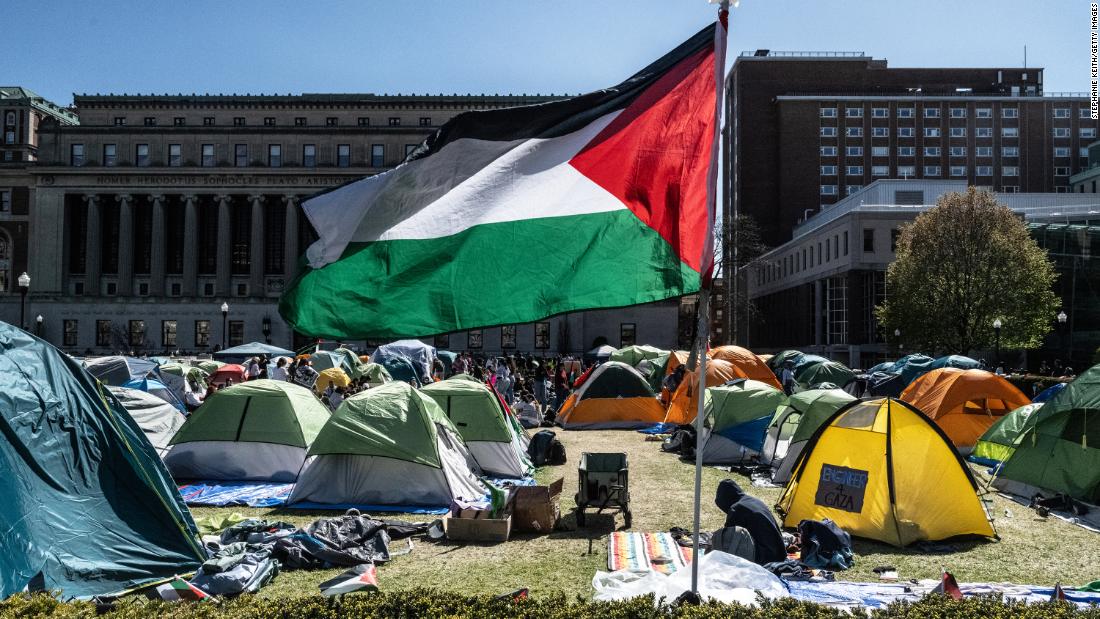
Pro-Palestinian protests continue at colleges across the US
Updated 5:31 AM ET, Sat Apr 27, 2024
The University of Illinois warned of consequences, including arrests and interim suspensions, for those who are taking part in on-campus demonstrations that began Friday morning. University police in the afternoon attempted to escort staff into the area to remove the encampment but were prevented from entering by demonstrators, the university said in a statement Friday night. This led officers to make the decision to “deescalate the situation” and step back to “reduce the risk of injury to themselves or the demonstrators.” “This situation has escalated beyond a peaceful expression of opinion,” the university said. “Those who do not comply with our orders to leave will be subject to consequences, including arrest, when criminal laws are violated, and the possibility of immediate interim suspension for students.” The university said they will work to convince the demonstrators to disperse voluntarily, and “hope they make that choice.” “Our community is not responsible for the progression of this conflict, and we do not have the power to end this devastating war no matter how much we wish we could,” the statement said. “We are focused right now on what we can do to keep our entire campus and community as safe as possible in a difficult time.” About a week after 108 pro-Palestinian activists were arrested at Columbia, university leaders said in a statement to the campus community Friday that calling the New York Police Department again to campus “would be counterproductive.” “We called on NYPD to clear an encampment once, but we all share the view, based on discussions within our community and with outside experts, that to bring back the NYPD at this time would be counterproductive, further inflaming what is happening on campus, and drawing thousands to our doorstep who would threaten our community,” the statement said. It was signed by university president Minouche Shafik, provost Angela Olinto and board of trustees co-chairs David Greenwald and Claire Shipman. “The last week has been a period of deep tension and division on our campus, with significant disruption to our community,” the statement said. Friday's statement goes on to acknowledge that students have reported feeling threatened and discriminated against on campus. “We want to be absolutely clear. The antisemitism being expressed by some individuals is intolerable and the safety situation has become concerning, particularly with the involvement of individuals not associated with Columbia,” the university said. Talks among the university’s leadership and students in the encampment remain ongoing. Some context: Demonstrators set up an encampment at the university last Wednesday to denounce Israel’s war in Gaza, calling on the school "to divest all funds, including the endowment, from corporations that profit from Israeli apartheid, genocide and military occupation in Palestine,” according to organizers Columbia University Apartheid Divest. Shafik authorized the NYPD to shut down the protests and has faced criticism from students, faculty and left-leaning lawmakers. Students inside campus encampments that have spread across the US are from a variety of backgrounds — including Palestinians, Arabs, Jews and Muslims, joined by students of other religious and ethnic backgrounds. They hold a spectrum of political and social views: liberal and heterodox, progressive and absolutist. Some support Palestinians: Many have been motivated by the reports and video coming out of Gaza and see the actions of the Israeli military as a continuation of a more than 70-year-long oppression of Palestinian rights, land and culture. Protesters say they want their schools to stand against what they believe is genocide in Gaza. Some support Israel: As reports of antisemitism have surged to record levels since Hamas’ attack on October 7, many Jews feel Israel requires more support now than ever as a refuge for Jews, who have long been an oppressed minority. Even if they oppose Israeli Prime Minister Benjamin Netanyahu’s policies and the country’s actions in Gaza, many Jews believe anti-Israel and anti-Zionist sentiment and even peaceful protest of Israel is itself antisemitic — because the concept of Israel as a Jewish homeland is core to Judaism. And some support the Israeli government’s efforts to crush Hamas in Gaza. ##Catch Up## A central demand of protesters on college campuses across the nation is that universities divest from Israel-linked companies that are profiting from the war in Gaza. “Disclose, divest, we will not stop we will not rest,” students at Columbia University chanted on Wednesday as Republican House Speaker Mike Johnson addressed them. Other common threads include demanding universities disclose their investments, support a ceasefire in Gaza, and sever academic ties with Israeli universities. “We are not going anywhere until our demands are met,” Khymani James, a student at Columbia University, said Wednesday. At Princeton University, protesters are demanding the school end research on weapons of war “used to enable genocide,” according to a flyer at a demonstration. At Columbia University, where the movement started last week, protesters want the university to sever ties with its center in Tel Aviv and a dual degree program with Tel Aviv University. New York University protesters also use the school’s Tel Aviv center as a rallying cry. Amid hundreds of arrests at universities across the US, some call for officials to protect free speech and spare students from being punished for participating in the protests. At the University of Southern California, protesters are demanding “full amnesty” for those brought into custody and “no policing on campus.” Columbia protesters called for the university to “disclose and sever all ties” with the New York Police Department and ask that the university support low-income Harlem residents, according to Columbia University Apartheid Divest. Student protesters say the demands to disclose and to divest are interconnected. Protesters argue that many of the financial interests of universities are opaque and the links to Israel may be even greater than officials realize. "We demand full financial transparency," graduate student Basil Rodriguez told CNN Wednesday. Read the full story. Pro-Palestinian protests continued at major US universities through Friday evening decrying Israel's bombardment of Gaza. Throughout the week, several schools called police on protesters, leading to the arrests of hundreds across the country. Protesters have demanded schools divest campus funds from entities connected to Israel. Israeli attacks in Gaza have killed more than 34,000 Palestinians, according to the enclave's health ministry. Hamas’ deadly October 7 attack on Israel killed about 1,200 people. College administrators are facing increasing pressure from lawmakers to rein in protests. At Columbia - the epicenter of the demonstrations - the school's senate passed a resolution late Friday to investigate the university leadership’s handling of the protests. Here are the latest developments: Arizona State University: Police at Arizona State University arrested three people Friday on suspicion of trespassing "in connection with setting up an unauthorized encampment," a university spokesperson said. Barnard College: The school said it reached resolutions with “nearly all students who were previously placed on interim suspension” for participating in the protest encampment on Columbia’s campus. Columbia University: The university banned a student spokesperson for the Columbia University Apartheid Divest coalition who said in January “Zionists don’t deserve to live.” He subsequently apologized. Denver campuses: At a joint campus for the University of Colorado Denver, Community College of Denver and Metropolitan State University of Denver, around 40 of the approximately 100 people who set up a pro-Palestinian encampment were arrested Friday, the campus said in a statement. Emory University: Faculty gathered on campus to express concerns about the violent arrests that took place on campus on Thursday, with tenured professors calling for the university's president, Gregory Fenves, to step down over the decision to call in state and local police to clear out the protesters. George Washington University: The university said Friday that any student who remains in University Yard may be placed on temporary suspension and administratively barred from campus. Ohio State University: A total of 36 demonstrators were arrested Thursday night after refusing dispersal orders, according to a preliminary report from the university. University of North Carolina at Chapel Hill: More than 75 students gathered Friday to set up an encampment at the school, demanding the university divest from corporations that invest in Israel and its military operations. University of Southern California: School president Carol L. Folt said in a statement the campus has become unsafe and the university will launch an inquiry and take action to protect all USC students, faculty and staff. University of Texas at Austin: The school has placed the Palestine Solidarity Committee on "interim suspension." The group organized Wednesday's event, where over 50 arrests ensued. Virginia Tech: School officials on Friday issued a statement about an encampment on campus, saying they told protesters the event does not comply with university policy. Yale University: One letter from the Faculty for Justice in Palestine organization criticized student arrests this week and said faculty are prepared to stage walkouts and boycott Yale’s graduation ceremonies. Another letter denounced Yale's administration for failing "in your responsibility to protect the Jewish students, staff and faculty at Yale." ##Catch Up## "Outside agitators" at Columbia are "trying to hijack a peaceful protest," New York Police Department Deputy Commissioner of Operations Kaz Daughtry said Friday night. “What may have started as a group of Columbia students wanting to express their constitutional right to protest has drawn crowds of outside agitators who are trying to hijack a peaceful protest and turn it something far more sinister,” Daughtry posted on X. The commissioner added the NYPD has seen the same groups of “professional protestors” demonstrating nightly “at various demonstrations regardless of the message.” Daughtry reiterated the NYPD is ready to intervene and address issues on Columbia’s campus as soon as the university’s president gives them the go-ahead. Around 40 of the approximately 100 people who set up a pro-Palestinian encampment at the Auraria Campus in Denver were arrested Friday, the campus said in a statement. The campus is home to the University of Colorado Denver, Community College of Denver as well as the Metropolitan State University of Denver. The arrests were made by Auraria Higher Education Center Police and the Denver Police Department. "While those who gathered at the onset of Thursday’s protest did so peacefully, some participants established an encampment as the demonstration progressed, which violates those policies," a the campus said. Campus and education department officials directed students to dismantle and leave the encampment, and after "protestors did not comply after numerous written and verbal requests, law enforcement stepped in at approximately 12:30 p.m. on Friday to remove the encampments," the campus statement continued. Columbia University's senate voted in favor of a resolution to create a task force to investigate the university leadership's handling of Pro-Palestinian protests on campus, according to documents obtained by CNN. The resolution passed Friday alleges, among other things, that the administration jeopardized academic freedom, breached privacy and due process of students and faculty members and violated shared governance principles by calling for police intervention on campus, according to documents on the meeting. After the investigation, the task force will present its findings and recommendations to the university's senate to determine further actions and take the necessary steps to address the alleged misconduct of the administration, according to the documents. Some context: The decision comes after the school and university president Minouche Shafik faced criticism from students, faculty and left-leaning lawmakers after Shafik authorized the New York Police Department to shut down student protests on campus, which have urged school leaders to cut off economic and academic ties to Israel. At the same time, students, religious groups and right-leaning lawmakers have said the administration has failed to stop antisemitism inside Columbia’s campus and at protests outside its gates, CNN previously reported. Columbia's senate represents people on campus, including faculty, researchers, students, administration and more, according to the school's website. The body has the authority to make policies on a variety of issues that affect the school. The University of Southern California needed to "act immediately to protect our community" when it came to protests on campus this week, school president Carol L. Folt said in a statement. "This week, Alumni Park became unsafe. No one wants to have people arrested on their campus. Ever," she said. "But, when long-standing safety policies are flagrantly violated, buildings vandalized, DPS directives repeatedly ignored, threatening language shouted, people assaulted, and access to critical academic buildings blocked, we must act immediately to protect our community." The university has "long-standing protocols that allow for peaceful protesting" and has been working with the school community to ensure they are followed during the school year, Folt said. "The current pressures and polarization have taken a toll in ways that break my heart," she said. "I know Trojans will do what they have always done: share points of view, listen, search for common ground – and find ways to support each other." She encouraged anyone in the campus community experiencing harassment or bullying to report it to the school, saying it would launch an inquiry and take action to protect students, faculty and staff "no matter their views." Columbia University has banned one of the students leading the university’s pro-Palestinian protests, a university spokesperson told CNN on Friday. Khymani James, a student spokesperson for Columbia University Apartheid Divest (CUAD) coalition, acknowledged in a post on X that he said, “Zionists don’t deserve to live,” saying it was from an Instagram Live video taken in January. “I misspoke in the heat of the moment, for which I apologize," James wrote. “I want to make clear that calls of violence and statements targeted at individuals based on their religious, ethnic or national identity are unacceptable and violate university policy,” the university spokesperson said. Te American Civil Liberties Union sent a letter to leaders at public and private universities Thursday, urging them to make space for student speech and protest. “As you fashion responses to the activism of your students (and faculty and staff), it is essential that you not sacrifice principles of academic freedom and free speech that are core to the educational mission of your respected institution,” said the letter from the ACLU's executive director Anthony D. Romero and its National Legal Director David Cole. The organization noted five "basic guardrails" to ensure free speech and academic freedom on campus. But some of that guidance also highlight the challenge for college administrators. The second guardrail reads: "They must protect students from targeted discriminatory harassment and violence, but may not penalize people for taking sides on the war in Gaza, even if expressed in deeply offensive terms."
The letter also points to previous legal cases and historic moments where law enforcement used "inappropriate and excessive force in responding to protests." And it warned protesters that "violence is never an acceptable protest tactic." Two open letters are circulating among Yale faculty reacting to the university administration's pro-Palestinian protests this week, according to the school's student-run newspaper, the Yale Daily News. One from the Faculty for Justice in Palestine organization criticized student arrests this week and said that faculty are prepared to stage walkouts and boycott Yale’s graduation ceremonies “if the administration continues to meet students’ demands for disclosure and divestment with silence and punishment." The other letter denounced Yale's administration for failing "in your responsibility to protect the Jewish students, staff and faculty at Yale." The letter cites alleged examples of protesters intimidating and harassing Jewish students. The two letters' differing messages underscore the complexities of the Israeli-Palestinian conflict and the protests roiling college campuses across the US, not only for the students but also for academics and other staff. The University of Texas at Austin has placed the Palestine Solidarity Committee on "interim suspension," citing the "alleged violation of institutional rules," according to Brian Davis, a spokesperson for the university. "To be clear, the group is on interim suspension. Not the individuals. Length of suspension is determined by the Dean of Students office," Davis said in a statement. The group, which organized Wednesday's event that was met with a large police presence, posted a statement on Instagram Friday, calling the suspension "an attack on free speech to distract from and enable israel’s genocidal campaign against the Palestinian people!" CNN is seeking clarity on what the interim suspension entails for the group. The PSC was planning to hold a vigil this coming Monday, but it's unclear if that will continue. CNN has reached out to members of the group about the suspension. The university has stood by its decision to bring in law enforcement to prohibit the rally from moving forward on Wednesday, resulting in over 50 arrests and multiple clashes between police and students. The Office of the Dean of Students had also issued a letter to the PSC on Tuesday, warning that the event was not approved and the group would face disciplinary action, including suspension, if it proceeded. While the group used terminology like "occupy the lawn" in its promotional posts for Wednesday's event, PSC members have told CNN they never intended to set up encampments on the lawn or stay overnight, and they had a schedule for the event that included study breaks and teach-ins.
READ MORE 

